Exploring the Capabilities of scenario.gg
We test out scenario.gg's early alpha version and discuss the topic of such services
followfox.ai is looking for a team member, a fellow Generative AI enthusiast who can do full-stack dev and deploy AI solutions through the cloud. Based on the profile, we are flexible between project-based, full/part-time, or other types of engagements. Reach out for details: irakli@followfox.org
Hello everyone,
A while ago, we wrote about one of the first services that brought the ability to fine-tune Stable Diffusion models - astria.ai. (Check out the post link). Today, we want to write about another early player in this space, scenario.gg, that focuses on “creating high-quality, style-consistent, proprietary assets for your games.”
When I look back, a few months ago, my fascination with generative AI and its capabilities started after being mind-blown by Corridor Crew’s “Is This The Death of VFX?” video. I immediately felt it was the start of something special and big.
Indeed, as we started to learn about the tech behind it, about publicly released weights of Stable Diffusion, about Dreambooth, and other methods allowing for fine-tuning those weights, it became clear that the new, very powerful tech is emerging.
As a member of the gaming industry, it didn’t take me long to think about the applications of this tech in the space and the potential impact it will have on it. And while I was thinking about those possibilities and planning out my first experiments, my mind was blown again! This time it was https://twitter.com/emmanuel_2m already tweeting about their experiments, and the results were insanely good.

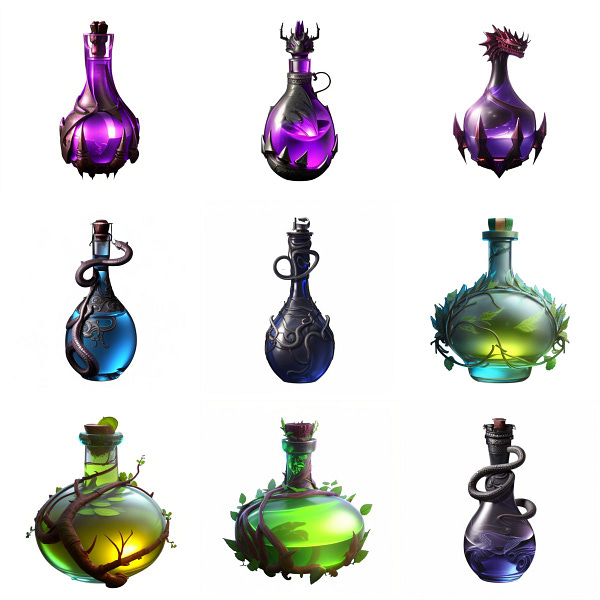
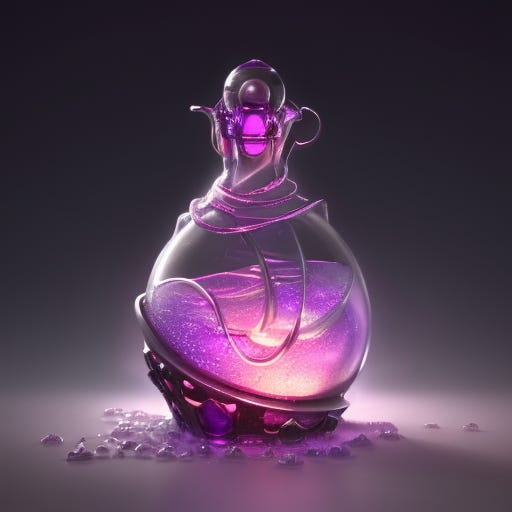
Since then, I have followed scenario.gg’s journey, and not long ago, I got access to their alpha version of the platform. Remember that this is not a sponsored post, nor are we somehow affiliated. In the broader sense, their platform and what we are building at followfox.ai overlap a bit. But the future theoretical competition in a space with plenty of room for awesome solutions is not a reason not to write about the things that scenario.gg has been accomplishing.
What is scenario.gg
The founder says, “It's the ultimate creation machine for making high-quality, style-consistent game assets.”
The platform is under the early alpha, so a lot is likely to change and evolve from where things are today. But for now, scenario.gg seems to be an AI platform that streamlines the process of fine-tuning Stable Diffusion models with the main purpose of generating game assets and then allowing users to generate output from these fine-tuned models. Users can do so using web apps or mobile apps. And the whole process is extremely easy to start and has a good amount of depth to master.
And while still in early alpha, they have already reached some impressive numbers, as stated in this tweet:

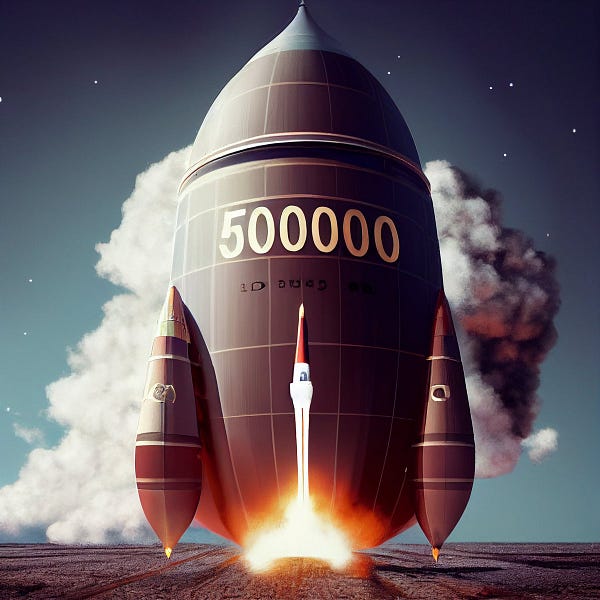
Originally, we planned to do our usual step-by-step how-to-do things post. Still, with their rapid updates (like their latest addition of the img2img generation option and other changes) and their rapidly growing documentation https://scenario.crisp.help/en/, we decided to do a slightly different post. btw, their videos and documentation on the topic are relevant and useful not just for use on their platform but also for more general Stable Diffusion, fine-tuning, and Dreambooth topics.
Our thoughts about the platform
Ease of use
The combination of how easy it is to fine-tune models with a variety of settings and applications and to achieve consistently decent results is by far ahead of any other services we have seen so far. And yes, other avatar creators are doing somewhat the same, but scenario.gg is way more functional than those. The only real competition on the functionality part is doing things on your own, and just a look at what it takes to run things locally should give you an idea of the difference in complexity (see our post on game assets generation link).
More than game assets?
While branded all-around game assets, for us, the platform feels like an extremely streamlined and somewhat flexible Dreambooth fine-tuning solution for any use case that comes to mind. Of course, the process is optimized for game assets, but there is no reason why you couldn’t do photo avatar creation or some other use cases.
Functionality
The current functionality is decent, and it is increasing at a rapid rate. For most users, it should already allow achieving more than they can do elsewhere without the significant time investment. However, I consider myself a power user with a good amount of experience experimenting with various Stable diffusion tools, so I have developed my workflows. I’d say I can match my average output using the scenario but cannot achieve the top ones (keep in mind I haven’t spent even a fraction of time on the scenario.gg compared to optimizing my workflows).
Ability to download models
Currently, scenario.gg doesn’t allow to download of fine-tuned models. It might be coming in the future, but in our opinion, this decision is closely related to the strategy that the platform intends to take. If one allows downloading weights too early, before the platform’s functionality matches what power users can achieve on their own, you might end up in a situation where most users develop their workflows and won’t be interested in adopting the future bespoke solutions on the platform. So not allowing the download could be more or less acceptable if the platform continues to add functionality quickly and achieve parity or advantage over the other workflows that allow game asset-related generations using SD models.
Business model
We haven’t noticed any announcements yet, so all we can do is speculate a bit here. Right now, it is free for its testers! Which, of course, is very generous of the founders but likely to change. At the very least, they will get a pretty good insight into the expected cost structure of running their architecture and make pricing decisions with this data. The usual suspects are, of course, some combination of monthly/recurring membership fees or pay based on usage, whether it’s gonna be linked to the creation of new fine-tunes or image generation quantity. In either case, the value is there, and either model should work.
It’s worth noting that the game assets creation space is a bit more niche than, let’s say, photo avatars space, but it has a much more sustainable, long-term aspect to it. So the difference in added value for game devs vs. random users curious to see their AI avatars and the difference in usage patterns could justify different pricing structures. Let’s see if we gonna see anything surprising on this front - maybe a marketplace for models? How about licensing similar to game engines (Unreal’s business model)?
Competition
We will see quite a few players in this space, and we think it is healthy and normal; there definitely is room for multiple players at this stage before the space starts maturing and consolidating, probably at least a couple of years later. We have already noticed https://leonardo.ai/; additionally, our team knows about a few players in stealth mode, and probably many more are building or already working in b2b format. btw unsure if leonardo and scenario are related, but it was hilarious to watch whatever popped up in scenario.gg’s Twitter would get somewhat replicated on leonardo within days.


Our experience on the platform
We will keep this section relatively less detailed and highlight a few parts.
Creating fine-tunes (generators)
Fine-tuned models are called generators on the platform, and creating new ones is extremely easy. You’ll need 5 to 100 training images to get started, and then by selecting a few parameters in a guided manner; you’ll be able to kick off the training process. Training time varied based on the number of images used and training parameters but ranged from 20 mins to an hour.
Experimentation at this stage will be critical, and we encourage you to try all sorts of combinations. In a way, you are creating a tool that will generate an infinite amount of given assets for your needs, so whatever time (and $ in the future) you invest in finding the optimal process will likely pay off.
In our tests, we created a few generators, ranging from the ones creating game assets of shields to Damon’s avatar creator, as well as a couple of art styles.


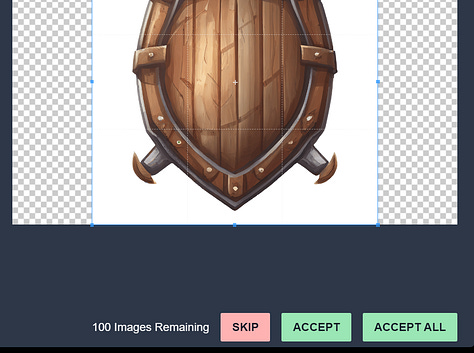




Generating Images
Users can generate images either using public generators that are made available on the platform or using their own fine-tuned generators. The process is intuitive and fast.






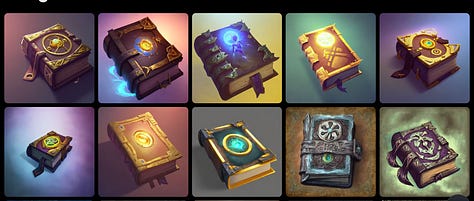


The output then can be seen in a few different layouts, either in a united manner under images or grouped by each generator - which can be handy for comparing the performance of the different generators.
User Support
The platform has not so helpful (for now) AI support assistant but also extremely helpful live support that usually replies promptly and clarifies all our questions.
If you want to learn more about them, join their Discord which has been active and engaged. https://discord.gg/scenario


